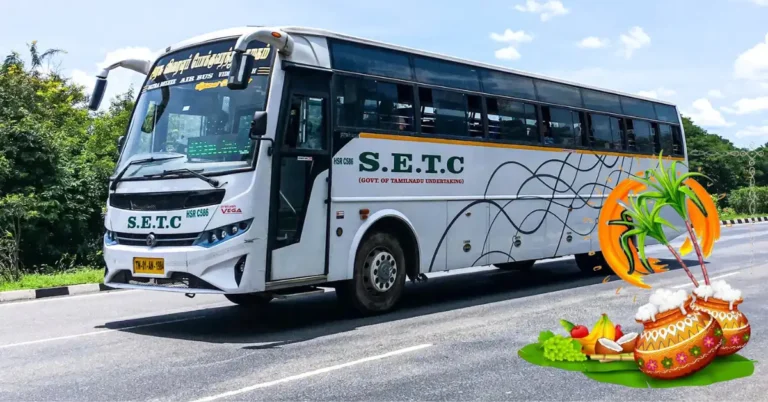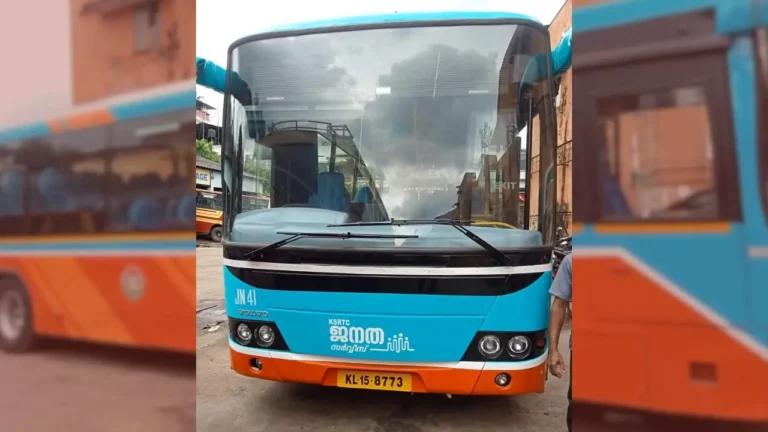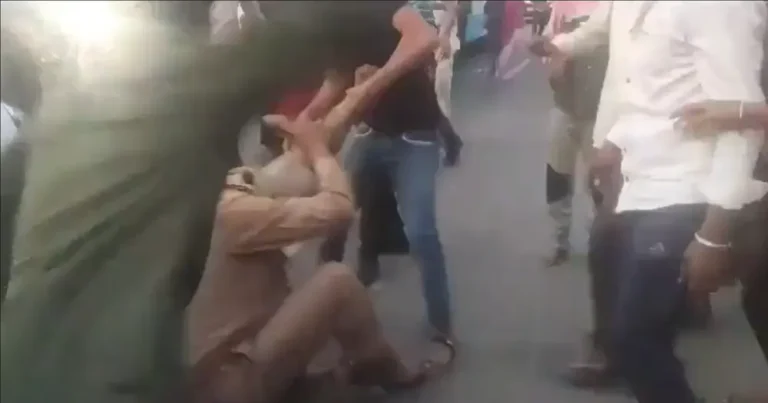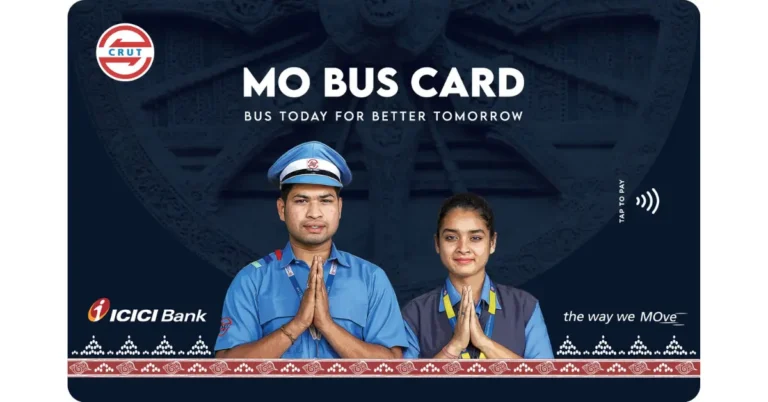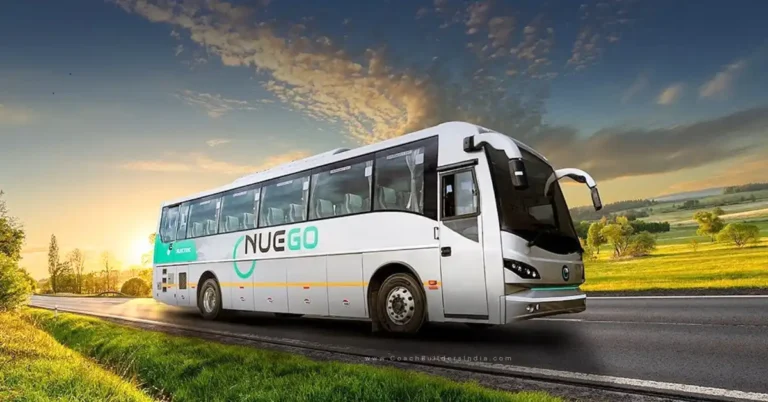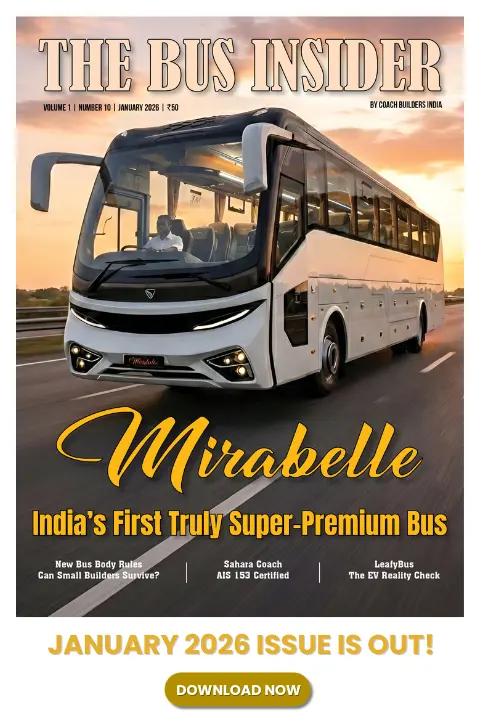PM eBus Sewa Cities Announced: Scheme to Launch in 5-6 Months
The PM eBus Sewa cities detail has been announced by the Cabinet Ministry. The focus will be on cities cities that do not have an organized bus service.
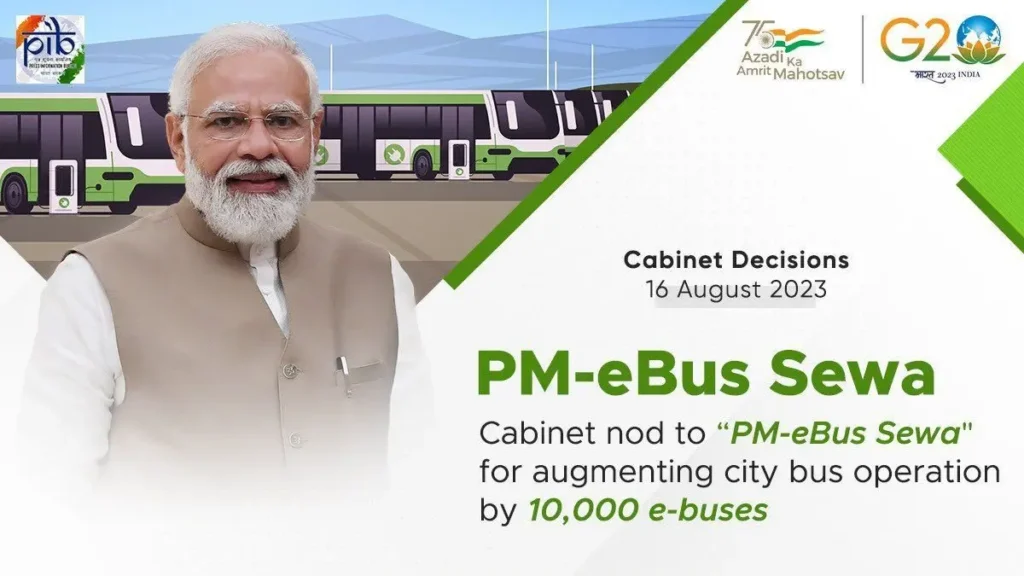
Nearly two weeks after the Union cabinet granted approval for the PM-eBus Sewa initiative, the Ministry of Housing and Urban Affairs (MoHUA), responsible for piloting the scheme, has now unveiled comprehensive guidelines.
During a press conference on Thursday, Union Housing and Urban Affairs Minister, Hardeep Singh Puri, emphasized, “The government has introduced this initiative to deploy 10,000 eBuses in PM eBus sewa cities and urban areas, marking the initial steps towards enhancing public transportation services.”
Landmark decision under leadership of PM @narendramodi Ji.
— Hardeep Singh Puri (@HardeepSPuri) August 16, 2023
Cabinet approves PM-eBus Sewa to augment city bus operations by 10,000 electric buses on PPP model. ₹20,000cr to be provided by GoI. Coverage to 169 cities with 3 lakh+ population &capital cities of UT, NER & hill states pic.twitter.com/lPaneiCkck
MoHUA secretary Manoj Joshi has affirmed that PM eBus sewa cities can anticipate receiving the eBuses within the upcoming five to six months.
According to ministry insiders, the selected PM eBus Sewa cities can expect to receive eBuses within the next six months as part of this program.
The newly issued guidelines stipulate that the focus of the initial deployment of the scheme will be on cities that are currently cities facing a deficit in their bus fleet and services.
It has to be noted that the PM eBus sewa will give preference to cities equipped with operational bus depots and substantial land for depot establishment.
These cities will also have to have proper arrangements with power distribution companies (discoms) to establish the necessary eBus infrastructure.
A senior ministry official explained, “The selection criteria emphasize two key aspects. First, PM eBus Sewa will focus on cities grappling with significant bus service deficits, aligning with the scheme’s objective of enhancing public bus transportation in such areas.
Second, the presence of ‘behind-the-meter’ power infrastructure, such as substations, will be eligible for full central assistance, contingent upon PM eBus sewa cities furnishing land and forming partnerships with discoms.”
To sum it up, the PM eBus scheme will prioritize cities with available bus infrastructure but reeling under bus service shortage. The infrastructure part includes the availability of bus depots, power supply availability, earnings per kilometer, and the decommissioning of Internal Combustion Engine (ICE) buses.
The scheme, valued at Rs 57,613 crore, secured approval from the Union cabinet on August 16.
It comprises two primary components: the expansion of city bus infrastructure and the implementation of green urban mobility initiatives (GUMI).
According to a senior MoHUA representative, guidelines pertaining to GUMI will be disclosed at a later date.
Out of the total funding, Rs 20,000 crore will be contributed by the Central government.
Approximately Rs 15,000 crore of this amount will be allocated to bus operations in the PM eBus Sewa cities, with the remaining funds dedicated to establishing supportive infrastructure for electric buses.
PM EBus Sewa Cities will be Required to Undertake Supplementary Measures
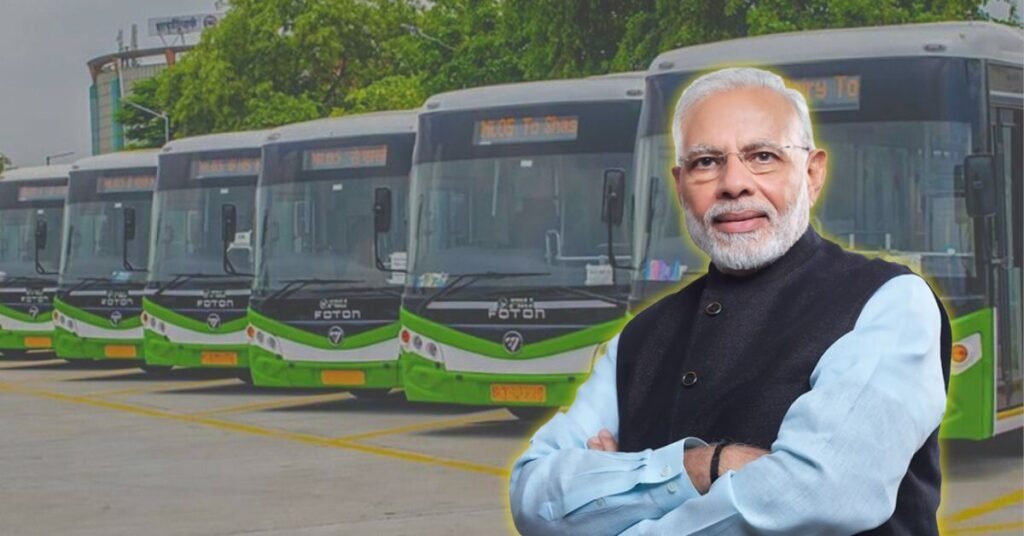
The guidelines outline that 169 cities are eligible to submit applications and will be ranked based on five key parameters:
- Deficit of buses
- Availability of bus depots
- Availability of power supply
- Earnings per km
- Scrapping of Internal Combustion Engine (ICE) buses
In order to be eligible for the eBuses, the selected PM eBus Sewa cities will also be required to undertake supplementary measures, including the regulation of bus routes operated by private entities.
To secure central funds, state governments of the PM eBus Sewa cities must commit to ensuring timely payments to bus operators and the establishment of power infrastructure, among other prerequisites.
To know about the PM eBus scheme in detail, read: New PM eBus Sewa details – 10,000 electric buses across 169 cities in India
On August 16, Prime Minister Narendra Modi remarked on X that this scheme would “revolutionize urban mobility.”
Transportation experts believe that the provisions and safeguards outlined in the guidelines will facilitate the seamless operation of eBuses in tier 2 and 3 cities.
Randheer Singh, CEO of ForeSee Advisors and former director of NITI Aayog’s E-mobility: National Mission on Transformative Mobility and Battery Storage, praised the PM eBus Sewa initiative, stating, “This endeavor encompasses vital elements like dedicated bus infrastructure, intelligent transportation management, smooth multimodal integration, and an efficient fare collection system via the National Common Mobility Card (NCMC).”
FAQs
What is the name of the new scheme launched to augment city bus operation by 10000 eBuses on PPP model?
The PM eBus Sewa Scheme. Approved on August 16, 2023, the PM eBus Sewa intends to roll out 10,000 electric buses (ebuses) across 169 cities in India, promoting a cleaner and greener urban environment.
PM eBus Sewa under which ministry?
The Ministry of Housing and Urban Affairs (MoHUA) is responsible for the planning and operations of the PM eBus Sewa scheme.
What is the full form of eBus?
In the transportation domain, eBus refers to an electric bus.
What are the selected for PM eBus Sewa Cities?
PM eBus scheme will prioritize cities with available bus infrastructure but reeling under bus service shortage. The infrastructure part includes the availability of bus depots, power supply availability, earnings per kilometer, and the decommissioning of Internal Combustion Engine (ICE) buses.
Catch the latest Bus Industry updates, Exclusive Interviews, Bus News, and International Bus News on Coach Builders India. Download the latest issue of the The Bus Insider magazine for more insights.

